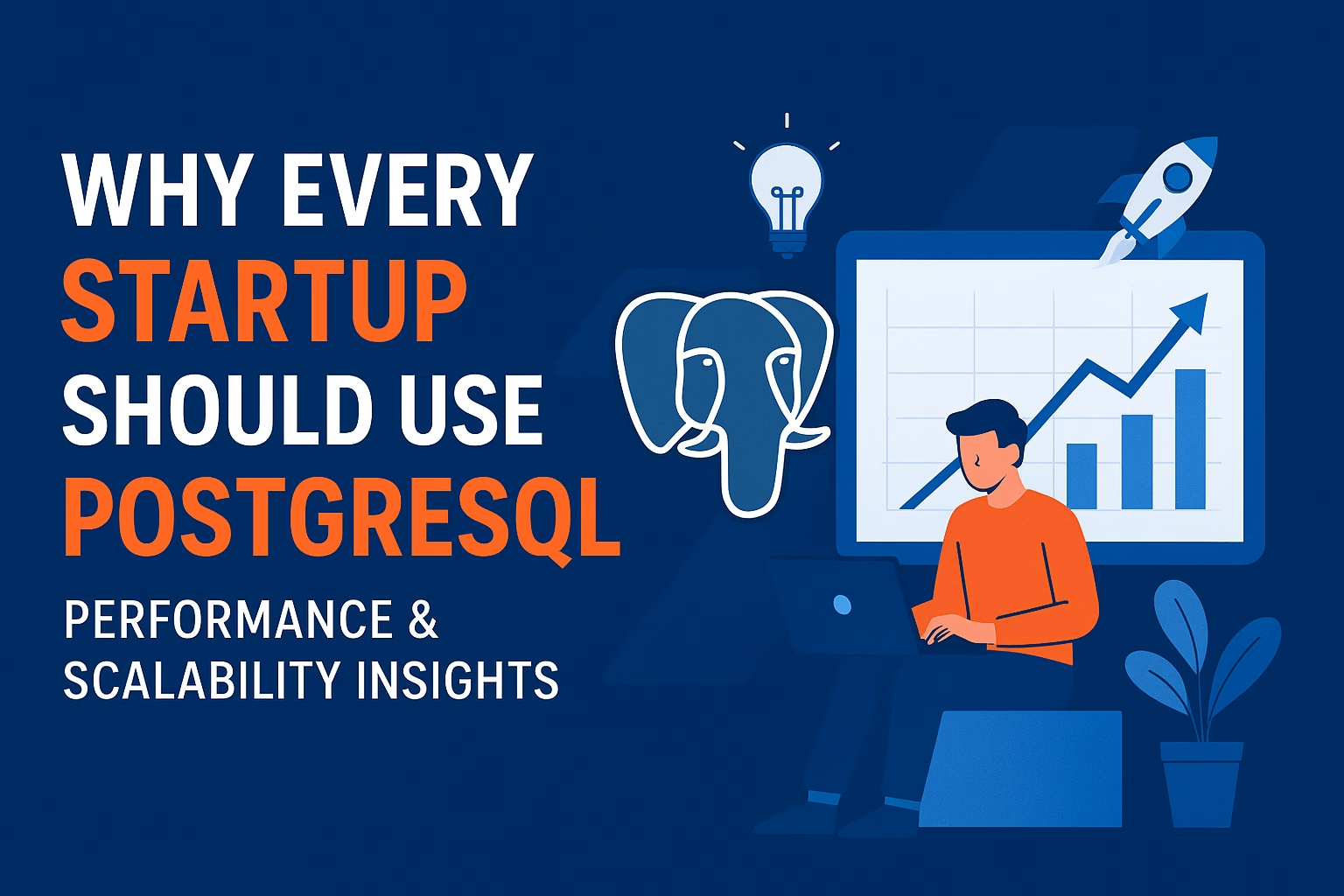Discover the biggest SEO trends in 2025. Learn how Google’s AI-powered search is transforming ranking factors, user experience, personalization, and content strategies.
Introduction
Search Engine Optimization (SEO) has always been about adapting to change—but 2025 marks the beginning of a new era. With Google rolling out AI-driven search results through its Search Generative Experience (SGE), the search landscape is shifting faster than ever.
Instead of only showing the “10 blue links,” Google now provides AI-generated summaries, direct answers, and contextual recommendations. This means fewer users click on random links—they expect precise, trustworthy, and personalized answers instantly.
So what does this mean for businesses, marketers, and website owners? Let’s explore the top SEO trends of 2025 and how you can prepare your digital strategy.
🔮 Key SEO Trends in 2025
1. AI-Powered Search Results: The Rise of SGE
Google’s Search Generative Experience (SGE) is powered by generative AI, and it’s reshaping how users interact with search results. Instead of scrolling through multiple sites, people now see an AI summary at the top of search results.
👉 Example: If you search “Best CRM for startups in 2025,” Google’s AI may show a summary with top 3 recommended CRMs, pros/cons, and pricing comparisons—all before listing traditional results.
What this means for SEO:
- Optimize for long-tail conversational keywords like “What is the best CRM for a 10-person startup?” instead of just “CRM software.”
- Provide concise, structured answers in your content so your site has a chance to be cited in AI snapshots.
- Focus on topic clusters instead of isolated keywords to build topical authority.
2. Content Depth & Authority: Thin Content Won’t Survive
Gone are the days when writing a 500-word article stuffed with keywords could rank on page 1. Google’s AI evaluates content quality, depth, and expertise more than ever.
Key shifts in 2025:
- In-depth content wins: Detailed guides, case studies, tutorials, and research-backed content outrank shallow posts.
- Author expertise matters: Articles written by real experts (with bios, LinkedIn profiles, or professional credentials) perform better.
- Topical authority: Sites that consistently publish around a niche (e.g., “Angular SEO optimization” or “HR software for SMEs”) gain trust and higher rankings.
👉 Pro tip: Instead of chasing 50 random topics, own one niche and become the go-to authority.
3. Search Personalization: Context is Everything
Google’s AI is becoming context-aware. This means search results change depending on:
- Your location (local SEO gets more important).
- Your device (mobile-first indexing is still critical).
- Your past search behavior.
👉 Example: If two people search “best pizza near me,” one might see Domino’s, while another sees a family-run restaurant—depending on their past preferences and reviews.
What businesses should do:
- Optimize Google Business Profile with updated info, reviews, and photos.
- Use geo-targeted keywords like “SEO agency in Bangalore” instead of just “SEO agency.”
- Personalize website content with dynamic landing pages based on visitor segments.
4. Visual & Multimodal Search: Beyond Text Queries
The rise of visual and voice search is reshaping SEO. Tools like Google Lens and multimodal AI models allow users to search using images, videos, or even a combination of text + visuals.
👉 Example: A user takes a picture of a shoe and asks Google, “Where can I buy this under ₹2,000?”
What this means for your SEO:
- Optimize images with descriptive filenames, alt text, and schema.
- Leverage video SEO (YouTube Shorts, Instagram Reels, product demos).
- Add structured data for product images, recipes, or local business listings.
Brands that combine text + visual optimization will dominate search results.
5. E-E-A-T: Experience, Expertise, Authority & Trustworthiness
Google’s E-E-A-T framework is now one of the most critical ranking factors. AI-driven search relies heavily on these signals to decide which content to trust.
- Experience: Does the author have firsthand knowledge? (e.g., a software engineer writing about coding best practices).
- Expertise: Is the author qualified in the subject matter?
- Authoritativeness: Does the website have backlinks and mentions from reputable sources?
- Trustworthiness: Is the content accurate, transparent, and safe?
👉 Example: A medical blog by a certified doctor will outrank a general lifestyle blog giving health tips.
How to improve E-E-A-T:
- Add author bios and credentials to blog posts.
- Cite trusted sources (studies, whitepapers, official guidelines).
- Build backlinks from relevant, authoritative websites.
- Secure your site with HTTPS and strong privacy policies.
✅ Conclusion: The Future of SEO in 2025
SEO in 2025 is no longer about keywords alone. It’s about AI, personalization, authority, and user experience.
To succeed in this new era, businesses need to:
- Write comprehensive, expert-led content.
- Optimize for AI snapshots & conversational queries.
- Embrace local, visual, and multimodal SEO.
- Strengthen their E-E-A-T signals for credibility.
The bottom line: SEO is becoming more human-centered—AI rewards content that genuinely helps people.
👉 Ready to future-proof your SEO strategy? Talk to Sitegator’s SEO experts and stay ahead of the competition.
Share this:
- Click to share on Facebook (Opens in new window) Facebook
- Click to share on X (Opens in new window) X
- Click to share on WhatsApp (Opens in new window) WhatsApp
- Click to email a link to a friend (Opens in new window) Email
- Click to share on Pinterest (Opens in new window) Pinterest
- Click to share on LinkedIn (Opens in new window) LinkedIn
- Click to share on Threads (Opens in new window) Threads
- Click to share on Telegram (Opens in new window) Telegram

